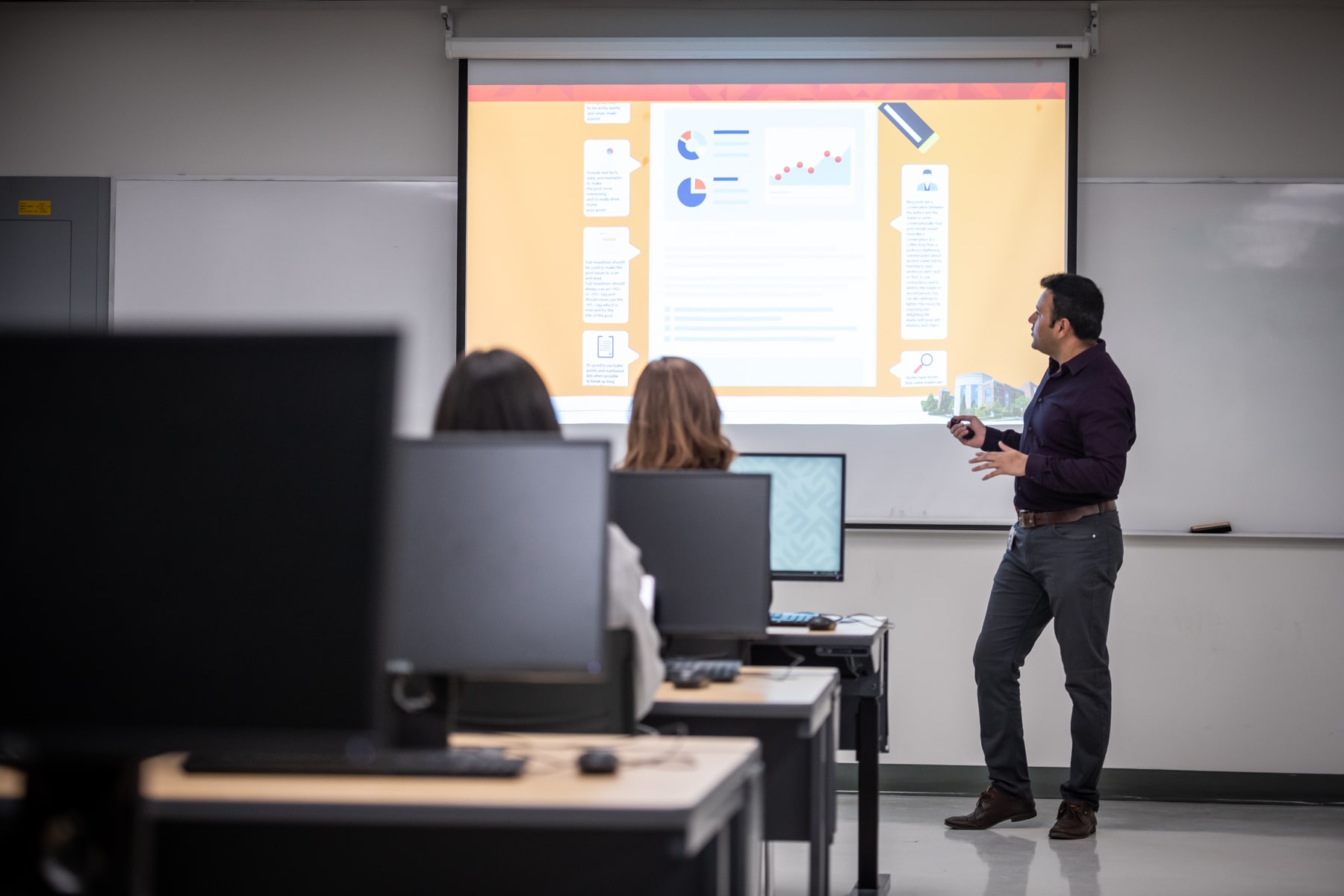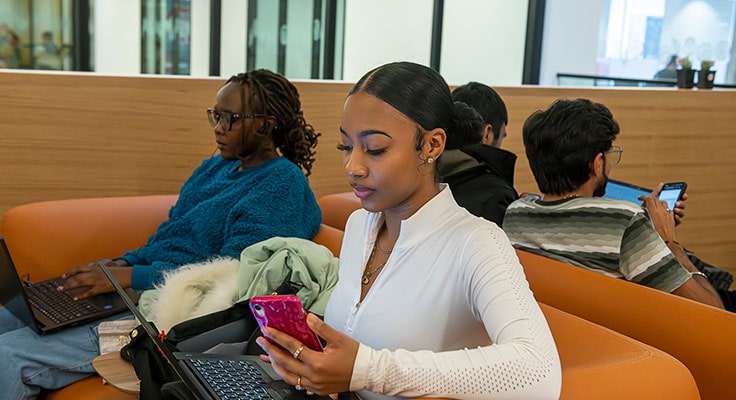What are OERs?
Open Educational Resources (OERs) are openly licensed, freely and easily accessible educational materials that users can adapt and redistribute. While many think of OERs as referring predominantly to open textbooks, OERs include a wide variety of resources, such as videos, images, lesson plans, coding and software, and even entire courses.
What are the United Nations’ Sustainable Development Goals?
The United Nations (UN) has developed a set of 17 Sustainable Development Goals (SDGs) to provide a blueprint for peace and prosperity for people and the planet. Each goal consists of guidelines and measurable targets and the UN continually provides reporting on the world’s progress.
Sustainable Development Goal #4
Sustainable Development Goal #4: Quality Education (SDG4) is the following: Ensure inclusive and equitable quality education and promote lifelong learning opportunities for all.
Since OERs help provide access to education, they help to support this goal in many ways.
How do OERs support SDG4?
1. Access and Equity
OERs are freely accessible educational materials that can be used, adapted and shared by anyone. They break down barriers to education by providing access to learning resources for people in various circumstances, including those in developing countries or with limited resources. By promoting equity and inclusivity, OERs contribute to achieving SDG4.
2. Cost Reduction
OERs eliminate the need for expensive textbooks and proprietary materials. Students and educators can access high-quality content without financial constraints. This cost reduction enhances affordability and widens educational opportunities, aligning with SDG4’s goal of ensuring inclusive and equitable quality education.
3. Quality Enhancement
OERs can improve the quality of education. Educators can collaborate globally, sharing best practices and innovative teaching methods. Open curriculum development allows for continuous improvement, fostering creativity and adaptability in teaching and learning.
4. Digital Literacy
OERs are digital by nature. As the world economy becomes increasingly digital, students must learn to work effectively in digital environments. OERs provide opportunities for learners to develop digital literacy skills, preparing them for the modern workforce.
5. Collaboration and Knowledge Sharing
OERs facilitate collaboration among instructors and institutions. Educators can collaborate both locally and internationally, sharing expertise and resources. This collaborative spirit aligns with SDG4’s emphasis on global partnerships for sustainable development.
6. Adaptability and Customization
OERs can be reused, revised, remixed, redistributed, and retained. Educators can tailor content to suit diverse learning environments, cultural contexts, and individual needs. This adaptability supports personalized learning experiences.
7. Lifelong Learning
OERs are used across all education sectors, including literacy, vocational training, and adult education. They also benefit immigrants and refugees through prior learning assessment and recognition. OERs promote lifelong learning, a key aspect of SDG4.
OERs contribute significantly to achieving SDG4 by promoting access, equity, quality, and lifelong learning. As Canada and other nations embrace OER, they can play an essential role in transforming education worldwide.
You can learn more about how OERs contribute to quality education and SDG4 in this article.
How Fanshawe supports the creation and use of OERs
The Fanshawe OER Design Studio supports faculty and staff in researching, adopting, and creating OERs to be used by the Fanshawe community. The goals of the Studio are to provide accessible, high-quality learning materials to the college community while offering practical learning opportunities to students.
All materials created by the Studio are shared under an open license. Products include textbooks, ancillary materials, H5P interactives, videos, software tools and open courses in Fanshawe’s Open LMS. Explore our OER services, collection and GitHub Site at the links below.
How can students use OERs?
Students and the public have access to Fanshawe’s OER Collection as well as Fanshawe’s OER Github.
Other ways for students to get involved
- Advocate for OERs: Raise awareness about OERs among your peers, instructors, and university administrators. Encourage the adoption and creation of OER materials within your institution.
- Use OERs: Access Fanshawe’s OER Collection to support your coursework or personal interests.
- Collaborate with Faculty: Engage with your professors and instructors to explore OER options for your courses. Share your interest in using open resources and discuss how OERs can benefit both students and educators.
- Participate in OER Creation: If you have expertise in a subject area, consider contributing to the creation of OERs. Collaborate with faculty members or join OER initiatives to develop open educational content.
- Join OER Communities: Connect with OER communities, both locally and globally. Attend workshops, conferences, and webinars related to OERs. Engage in discussions and learn from others who are passionate about open education.
- Advocate for Policy Changes: Advocate for policies that promote OER adoption within your institution or at a broader level. Participate in student organizations or committees that focus on educational affordability and access.
- Provide Feedback: If you use OER materials, provide feedback to creators and educators. Let them know what works well and where improvements can be made. Your input can enhance the quality of OERs.
Are you a faculty member who wants to use, create or support the creation of OERs?
Faculty play an integral role in creating, adopting and advocating for OERs in the classroom. At Fanshawe, the OER Design Studio can help faculty authors design custom OER materials for their courses, research and evaluate existing materials for inclusion, and provide additional opportunities to join the wider OER community in collaboration, sharing and advocacy. For more information on our services, mandate and design process, please visit the following resources:






